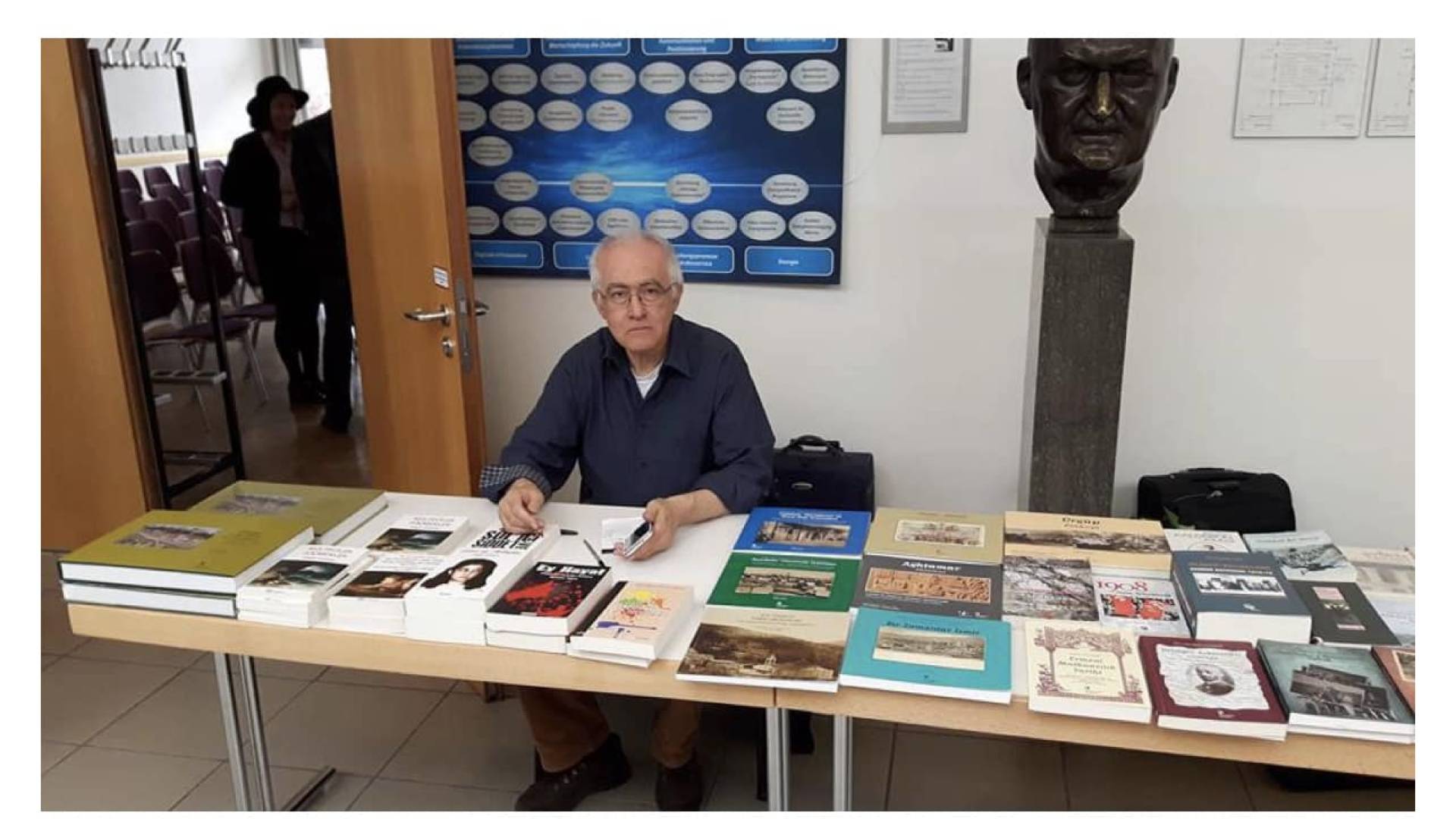ARE MIGRANTS REVOLUTIONARY SUBJECTS?
ARE IMMIGRANTS REVOLUTIONARY SUBJECTS? The view that "immigrants are revolutionary subjects", which was widespread in the 1980s, continued in the 1990s. The justification was as follows: the working class of the country - France or Germany - has lost its ability to change society. Immigrants could take its place. I had my first argument with the leaders of Action Directe, with whom we occupied three apartment blocks in Paris in 1982. They argued that the mass of occupiers from Turkey, all garment workers, were the new revolutionary subject, I objected. It was difficult to find a house in Paris, and in addition, immigrants were often denied housing. Immigrants working in precarious jobs for low wages had objections to French society and were thought to be the new revolutionary subjects. The aim of the immigrants was not to change society - change in the revolutionary sense was spoken of - but to enter this society. They wanted to gain a place for themselves in society. When they are able to gain this place, even to a certain extent, their objections to society will cease. They will be replaced by new immigrants, new ones who are in the process of objecting to society. Very few of the immigrants who had participated in home occupations, occupations of workshops, etc. would later remain revolutionaries. They would remember why they had come to France - or Germany - and would turn to saving money. People had come to these countries to work, first to pay off the debts they had taken on for travelling money, and then to save money to buy a flat in Turkey. Over the years it became clear that migrants could not become revolutionary subjects on their own, but they could change society by taking part in trade unions and parties. In Germany, between 2000 and 2005, I was in the Frankfurt provincial executive of the Party for Democratic Socialism (PDS) and I refused to do migrant work. Women are directed to women's work and migrants to migrant work; I refused. I preferred to be the spokesperson for the peace policy of the provincial organisation and to be responsible for the publication of its magazine Frankfurter Kurier. I could not tolerate the mentality of the immigrants from Turkey. They had no other discourse than "We are immigrants, we are oppressed". There were immigrants of Turkish origin from different parties. You couldn't tell which party they belonged to by looking at their speeches. They were all saying the same thing. There was not only a migrant problem in Germany, there were problems in many other areas, but apparently they were not aware of them. In the following years the situation would change a little. Political campaigners from different German parties learnt more about the country's problems other than immigration. In each case it was clear that migrants could not become political subjects on their own. Unity was not possible even among immigrants from Turkey, let alone among immigrants of different nationalities. Immigration also involves segregation. This segregation is shaped not only on the basis of class - such as employer and labour migrants - but also on the basis of sectarian - Sunni and Alevi - regionalism. It is also necessary to add the distinction between left and right immigration. For a while I used the term "left immigration" and tried to popularise it, but I cannot say that I have achieved any results. All of the migrant organisations -even if they argued otherwise- were extensions of the organisations in Turkey, so their unity of action even on issues in Germany depended on the approval they would receive from the main structure in Turkey. Years have passed, I don't know about other countries, but immigrants have changed the culture in Germany. German society has become more cosmopolitan and flexible. Xenophobia did not end, but it changed direction. Turkish people became settled and hostility was directed towards those who came later. The old immigrants also dislike the newcomers. The question of whether immigrants are revolutionary subjects has also disappeared.



 Türkçe
Türkçe 


















